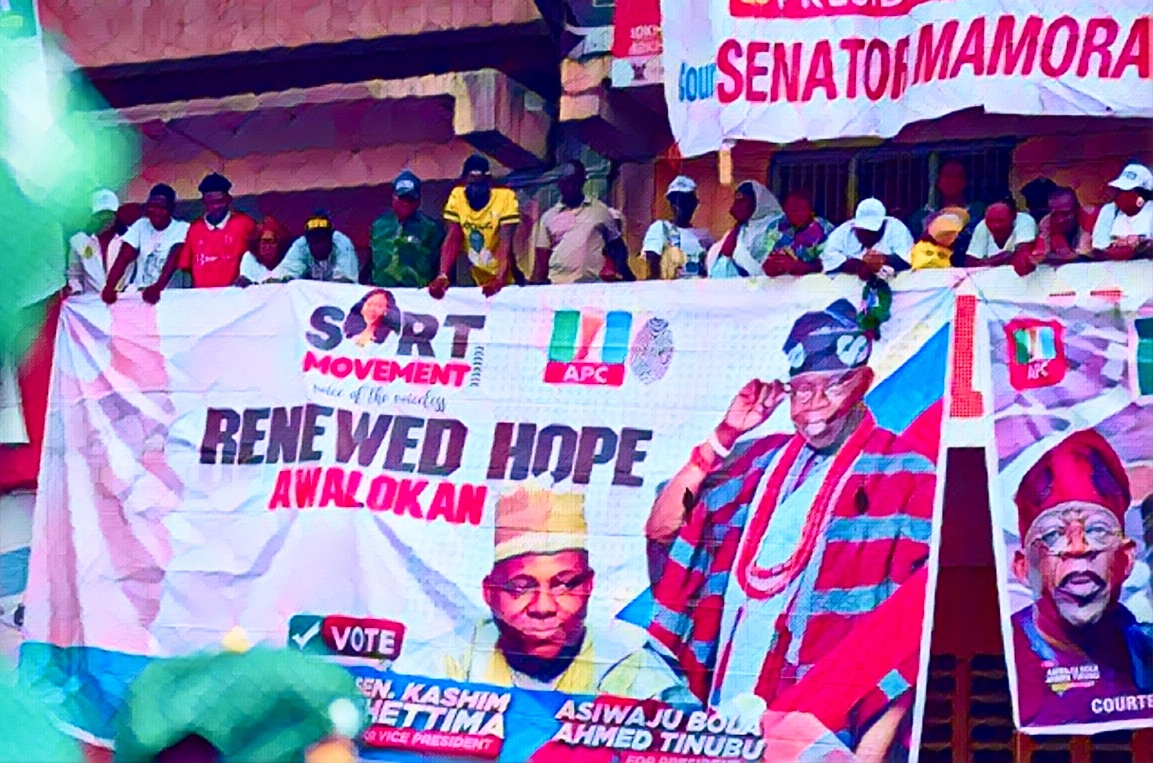KEY POINTS
-
Power supply remains one of the political promises Nigerians are still waiting on.
-
Youth unemployment is another political promise Nigerians are still waiting on.
-
Corruption continues despite promises, and Nigerians are still waiting for change.
The most populous and economically significant nation in Africa, Nigeria, has a lengthy history of making political pledges that have not always been kept. Political office holders from all parties have made broad promises to better the lives of Nigerians after the country’s restoration to democracy in 1999.
1. Consistent power source
A steady supply of electricity has been a recurrent pledge from the time of President Olusegun Obasanjo to succeeding administrations. Nigerians continue to struggle with unpredictable electricity despite billions of naira being invested in the power sector through changes including the privatization of electricity distribution firms (DisCos).
For more than 200 million people, Nigeria now produces an average of 4,000 to 5,000 megawatts, which is significantly less than what is needed. Generators and other alternative energy sources are used in many households and companies.
2. Youth Empowerment and Job Creation
Nearly all political candidates have pledged significant job creation, skill development, and youth-focused economic initiatives in response to the skyrocketing rates of youth unemployment. Youth Investment Funds and the Buhari administration’s N-Power initiative have been moves in that regard.
Youth unemployment is still a significant problem in spite of numerous initiatives. The National Bureau of Statistics reports that the combined rate of youth underemployment and unemployment is more than 50%. Many recent graduates wander the streets looking for work.
3. Combat Corrupt Practices
One of President Muhammadu Buhari’s most well-known catchphrases was “if we don’t kill corruption, corruption will kill Nigeria.” With pledges to maintain transparency, bring criminals to justice, and fortify agencies like the EFCC and ICPC, successive governments have pledged to stop or at least reduce corruption.
Despite a few well-publicized arrests and recoveries, some contend that the campaign against corruption is selective and frequently driven by political motivations.
4. Redesigning Health Care and Education Systems
Numerous manifestos have made promises to expand healthcare access, improve school facilities, stop university lecturers’ strikes, and increase education expenditures. Leaders have pledged to decrease medical tourism and equip hospitals.
The healthcare and education sectors continue to be overburdened and underfunded. Higher education is severely hampered by the regular Academic Staff Union of Universities (ASUU) strikes, and hundreds of Nigerian doctors have left the country in search of better possibilities outside.
5. Safety and Security of Property and Lives
Whether it is from armed robbery, banditry, herder-farmer conflicts, kidnapping, or the Boko Haram insurgency, every administration pledges to protect the country. Protecting people and property is both a campaign priority and a constitutional duty.
Nigeria is still beset by regional insecurity. ISWAP and Boko Haram are still active in the northeast. Mass abductions and banditry are prevalent in the North-West and North-Central. Ritual killings, cult conflicts, and separatist agitations have all increased in the South. Insecurity has continued despite significant military spending and heightened police presence, forcing some communities to pay vigilante organizations or leave their homes.
Conclusion
Even though there has been some improvement in certain areas, Nigeria still has a large gap between political rhetoric and actual change. As many of these long-standing promises are still unmet, public confidence in the political class keeps declining. A renewed emphasis on accountability, citizen participation, and systemic reform is necessary for the country to advance. Nigerians must wait and hope that the next generation of leaders will be different and that the promises they have made will be fulfilled.


